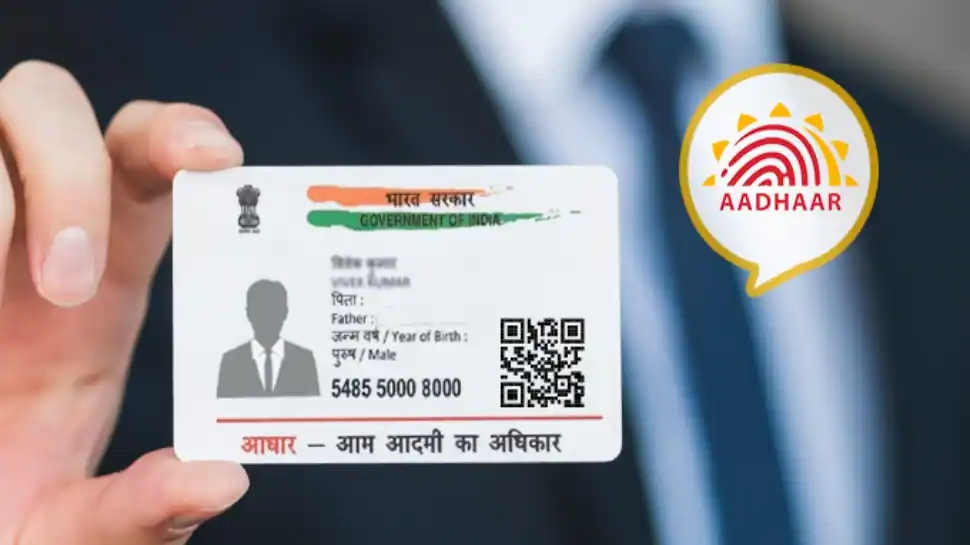In recent years, state governments have made significant efforts to modernize their driver’s license systems. Last year, Arizona launched a digital driver’s license system, joining the ranks of about a dozen states piloting or using such a system. Likewise, Louisiana added more functionality to its digital license application by allowing recreational hunters and fishers to digitally display permits.
Alabama is moving forward to join them. Last month, Gov. Kay Ivey announced the rollout of the state’s Law Enforcement Agency Driver License System (LEADS) initiative, which aims to modernize and improve processes for both residents and state government workers.
The LEADS initiative’s core goal is to provide residents with high-quality customer service, says Sgt. Jeremy Burkett, a state trooper with the Alabama Law Enforcement Agency. The governor, along with ALEA Secretary Hal Taylor, saw the 20-year-old license system as a ripe opportunity to improve the citizen experience.
How Is Alabama Modernizing Its Driver’s License System?
To make the LEADS transition as seamless as possible, Burkett says license offices across Alabama will receive new hardware, including consoles and cameras. The state also will upgrade software, consolidate applications and migrate data to the new system.
The new system requires the consolidation of about 10 different application and databases, but once completed, Burkett says it will be an integrated system, meaning users won’t have to swap between screens for different parts of the license process. That will make information far more accessible and easier to navigate.
To make the upgrades, the state will temporarily close certain driver’s license facilities throughout the state to account for IT downtime.
Once the upgrades are made, the new technology will have the ability to obscure personally identifiable information.
Looking to the Future of LEADS
Implementing LEADS is a significant starting point for Alabama in terms of technology and government services modernization. Once LEADS is live, residents will be able to access several enhanced services, including the ability to “pre-apply” for a state driver’s license, reducing overall wait time. Additionally, ALEA will offer users the ability to:
- Update addresses
- Pay to reinstate licenses
- Upload U.S. Department of Transportation medical cards
- View hazmat background checks by the Transportation Security Administration
- Issue duplicate licenses to eligible foreign nationals
Initially, LEADS will be offered online via desktop services, but, as Burkett notes, this initiative “opens the door to expand services” and ALEA’s reach well beyond the desktop. Ultimately, Alabama is looking for opportunities where the state can expand technology and continue to provide high-quality service while maintaining efficiency and customer satisfaction, he says.
“Oftentimes, you only get the opportunity to come to a driver’s license office maybe once every four years, and we want to make that the best experience possible,”
Burkett says.
Source:






Comments